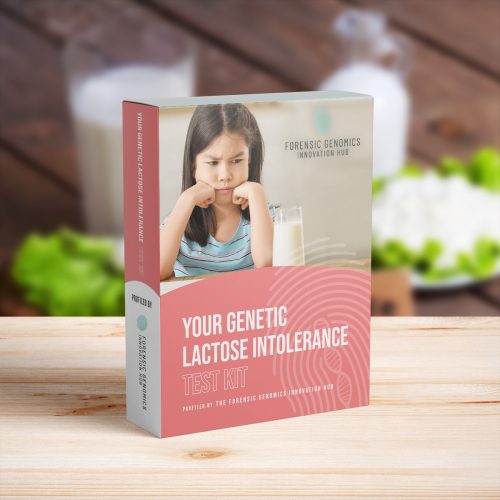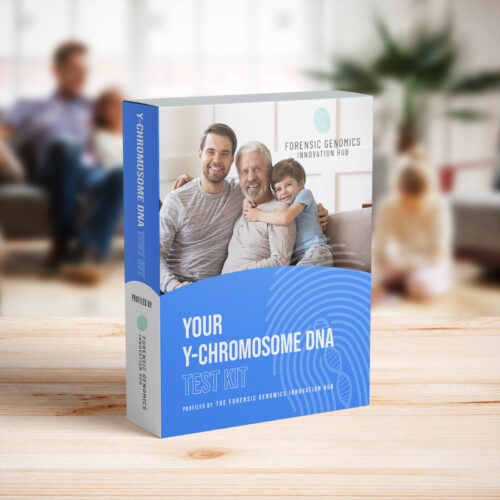Genetic Factors
Does someone in your family have allergies, lactose intolerance or coeliac disease?
If so, you might have it too. That’s because allergies, primary lactose intolerance and coeliac disease can be hereditary. If you have allergies, that doesn’t mean your child will definitely have them. There is a 50-50 chance. If your spouse is also allergic, your children’s chances go up to 75%. There are however other factors that come into play, like your environment, air pollution, respiratory infections – even diet and emotions.
Coeliac disease has a strong genetic component and is linked to specific genes, particularly HLA-DQ2 and HLA-DQ8. People with these genes are more likely to develop coeliac disease, though not everyone with these genes will develop the condition.
Primary lactose intolerance is genetically determined, often developing with age as the production of lactase decreases, particularly in populations where dairy has not been a traditional part of the diet (e.g., East Asian, African populations).
Onset and Reversibility
Allergies are typically present from early life and may persist throughout life, though some can be outgrown (e.g., egg or milk allergies). While allergies are more common in children, they can appear at any age. Sometimes allergies disappear, only to return years later. Exposure to allergens when the body’s defences are weak, such as after an illness or during pregnancy — can play a role in developing allergies.
Intolerances like lactose intolerance can appear later in life and are often not reversible.
Autoimmune diseases like coeliac disease are lifelong conditions but can be managed by avoiding the trigger (gluten).
Symptoms of Intolerance vs Autoimmune Disease
Intolerance symptoms are generally confined to the gastrointestinal system, like bloating or diarrhoea (e.g., lactose intolerance).
Autoimmune diseases like coeliac disease cause more systemic damage, including nutrient malabsorption, anaemia, and long-term health complications.
Treatment Approaches
Allergies are managed by complete avoidance of the allergen, taking anti-histamines and sometimes emergency medication like epinephrine.
Intolerances are managed by reducing or eliminating the problematic food (e.g., lactose-free products).
Autoimmune diseases like coeliac disease require strict lifelong avoidance of gluten to prevent ongoing immune damage.
If you are struggling with some of the symptoms above why not read more about the tests available at the Forensic Genomics Innovation Hub.
Allergy Test
Genetic Lactose Intolerance Test
Genetic Coeliac Disease Test














